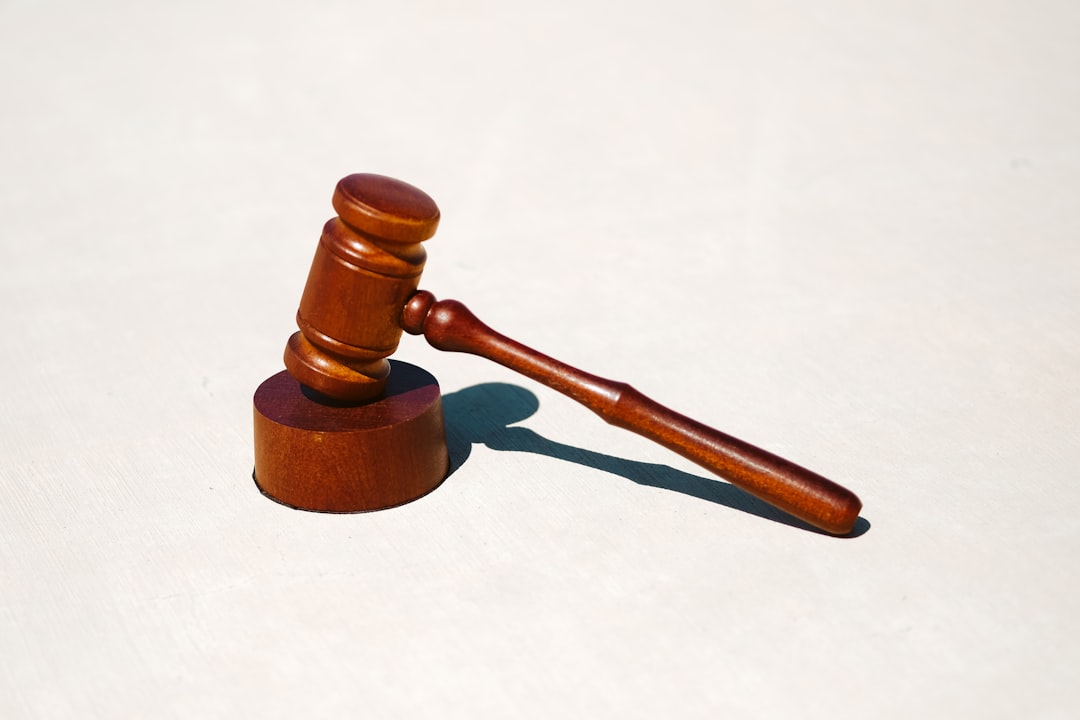In Delaware, the Deceptive Trade Practices Act (DTPA) protects consumers from unfair spam calls, with legislation banning deceptive marketing and offering legal recourse for victims. A Spam Call law firm in Delaware is essential for guiding individuals affected by aggressive advertising tactics, helping to secure justice and accountability for offending companies through damages, injunctions, and attorney fees.
Unwanted spam texts are more than just an annoyance; they can fall under Delaware’s Deceptive Trade Practices Act, a powerful tool against fraudulent business practices. This guide explores how spam text messages violate this law and the legal recourse available to Delaware residents affected by these unwanted intrusions. If you’ve received questionable or deceptive spam calls, a Spam Call law firm in Delaware can help navigate these complex issues and protect your rights.
Understanding Delaware's Deceptive Trade Practices Act

In Delaware, the Deceptive Trade Practices Act (DTPA) serves as a robust legal framework designed to protect consumers from unfair and deceptive business practices. This legislation is a game-changer when it comes to addressing unwanted spam calls, as it grants individuals powerful tools to fight back against persistent and invasive marketing tactics. The DTPA prohibits businesses from using misleading or deceptive methods to promote their products or services, ensuring that consumers are not misled or harassed by aggressive advertising.
When it comes to spam texts, a law firm specializing in Delaware’s Spam Call laws can provide invaluable assistance. These legal experts can guide individuals on their rights and the steps to take if they’ve fallen victim to deceptive marketing campaigns. The DTPA offers remedies such as damages, injunctions, and attorney fees, empowering consumers to seek justice and hold offending businesses accountable for their actions.
How Spam Text Messages Violate the Law

Unwanted text messages, or spam, are a common nuisance, but they can also be illegal under Delaware’s deceptive trade practices act. These messages, often promoting products or services, can violate the law in several ways. Firstly, if the sender uses deceptive or misleading language to advertise their goods or services, it could mislead recipients and constitute fraud. Secondly, repeatedly sending unsolicited text messages to individuals who have not given explicit consent is a clear breach of privacy, which is also prohibited under Delaware’s consumer protection laws.
Spam call law firms in Delaware often deal with cases where businesses or individuals send bulk text messages without proper authorization, leading to legal repercussions. Such actions can result in substantial fines and damage the sender’s reputation. Therefore, businesses should be cautious when employing marketing strategies involving SMS to avoid inadvertently falling afoul of state regulations.
Legal Recourse for Victims of Unwanted Spam Calls in Delaware

If you’ve been on the receiving end of unwanted spam text messages, you’re not alone. Many residents in Delaware face this nuisance regularly. Fortunately, state laws offer a way to fight back against these deceptive trade practices. A reputable Spam Call law firm can guide victims through the legal process to seek compensation for their distress and prevent future harassment.
Under Delaware’s deceptive trade practices act, businesses are prohibited from engaging in unfair or misleading marketing tactics, including spam texts. If you’ve experienced unwanted text messages promoting products or services, you may have a case. By reaching out to a Spam Call law firm specializing in Delaware laws, you can take action against the perpetrators and potentially receive monetary damages for your troubles.






